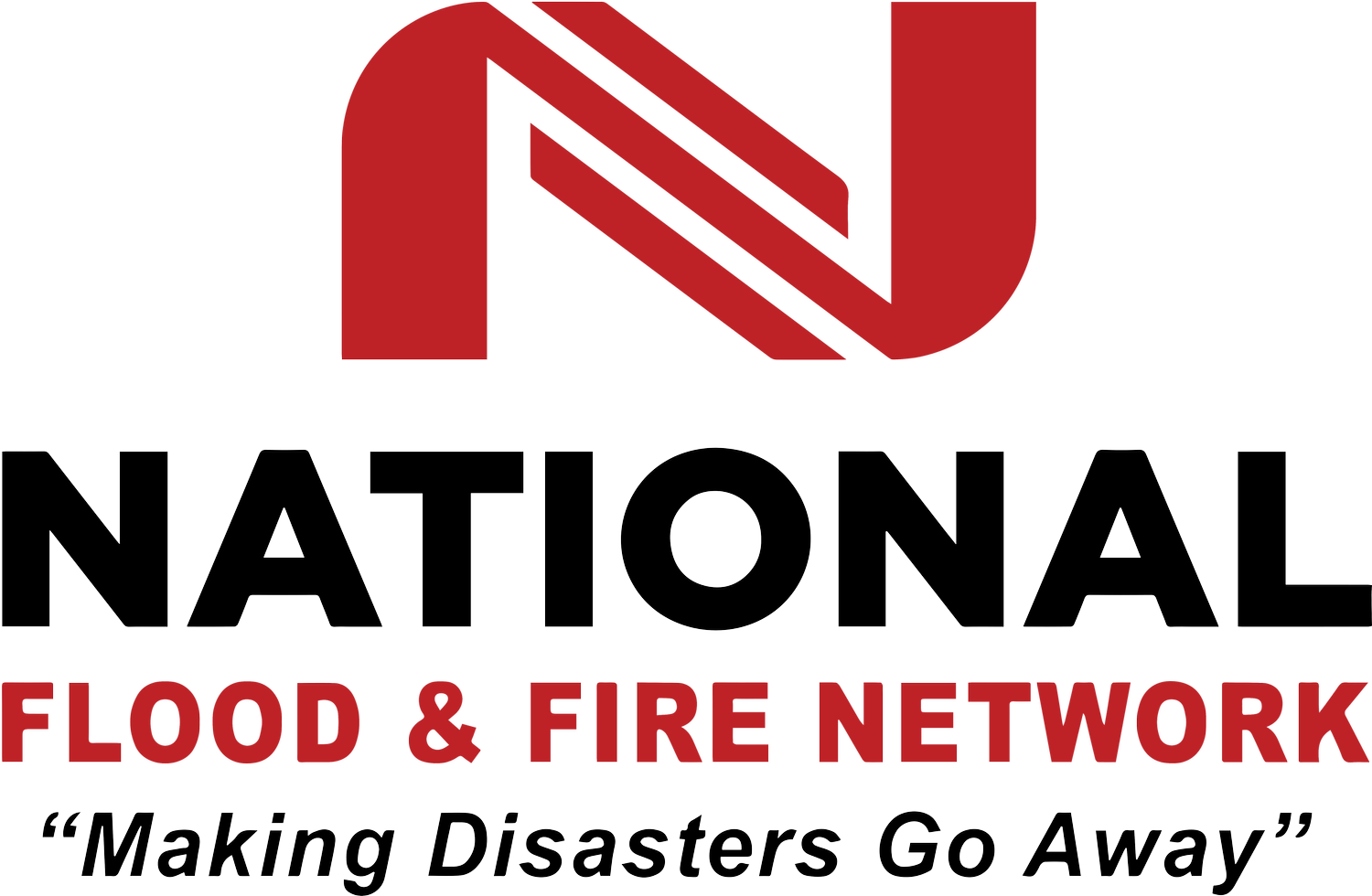
Prevention Tips
Flood prevention
Keep an eye out for leaks and make sure to fix them ASAP.
Check for cracks in your foundation and repair them as quickly as possible. These can weaken the structure of your home and create more opportunities for damage in the event of a flood.
It’s recommended to have a qualified plumber inspect all plumbing fixtures and flood-proofing devices regularly to make sure they are in good working condition.
Regularly clean out gutters and keep your drainage system clean. Regularly check for leaks, poor connections or sagging and make sure they are inclined so water is quickly sent to the downspouts.
Check to make sure drainage is properly directed away from your home. Downspouts should exit at a splash pad or be connected to extensions.
If you have a basement that is prone to gathering water, invest in a battery powered sump pump.
If you have a wet basement or soggy lawn, french drains are slightly sloped trenches that move water away from your home and are good for homes located on flat land.
To prevent sewer backup install line check valves. Line check valves only allow waste to flow in one direction.
When the weather starts to get colder, make sure you properly winterize your home and property to avoid floods in the spring.
Fire prevention
Make sure your home has at least one functional smoke alarm on every level, in bedrooms and outside of sleeping areas. Check your smoke and carbon monoxide detectors monthly to ensure they are working and replace batteries if needed.
Always keep fire extinguishers in key areas of your home, such as the kitchen, garage, office and/or workshop area. Check it regularly to make sure that your fire extinguisher is in good working order.
Never empty smoldering ashes into a trash can. It is also a good idea to keep any and all ashtrays from furniture, curtains and anything else flammable.
Don’t overload outlets and extension cords. If anything sparks or emits an odor, unplug it immediately and have a professional repair or replace it.
Practice kitchen safety by staying in the kitchen while cooking and keep baking soda or fire extinguisher nearby in case of kitchen fire.
Don’t place portable space heaters near any flammable materials like drapery.
If your home has a fireplace, make sure to have it cleaned regularly and screened properly.
It is best to keep any and all cleaning supplies in a well ventilated area and away from any heat source.
Mold prevention
Keep year-round indoor humidity to less than 60 percent. Adequate ventilation, air-conditioning and dehumidifiers can help. Indoor mold grows very well when the indoor humidity is above 70 percent. Minimize the use of live indoor plants, which facilitate mold growth and increase humidity due to frequent watering.
Don’t make humidity levels worse by using a humidifier to increase humidity. Instead, try hanging wet clothes to dry indoors or shower without turning on the exhaust fan or opening a bathroom window.
Unsure of your humidity levels? Use a digital hygrometer, which can check humidity levels in all rooms and areas of your house.
Make sure to clean air-conditioners, air purifiers and dehumidifiers at least every three months. This gets rid of accumulated dust and dirt. Air-conditioners enable mold to grow through the internal condensation of water and blow airborne spores into the living area.
Not sure if you have mold? You can use a test kit to check the outward air flow from window air-conditioners, heating, ventilation, and air-conditioning duct registers and the air of each room. It’s recommended to do this annually.
If you smell mold, there is likely mold growing, whether visible or hidden.
Regularly inspect the roof, attic, exterior siding, ceilings, walls, floors, rugs and wood furniture, as well as behind and beneath furniture.
Look for leaks in your bathroom, kitchen and laundry room plumbing areas.
Inspect dark non-living areas, such as the attic, the crawl space under a building, basement, garage and exterior siding regularly for leaks, stains, water damage and mold growth. These areas often have high humidity and water intrusion problems that can cause the growth of mold.




